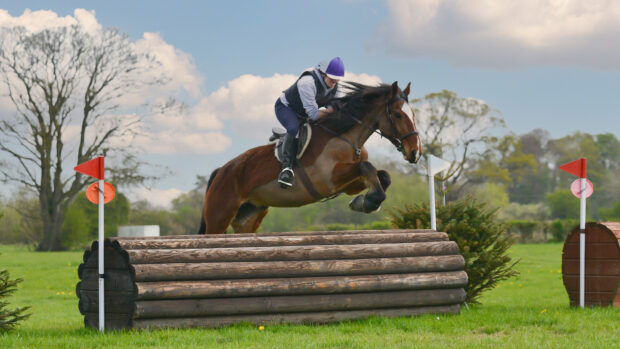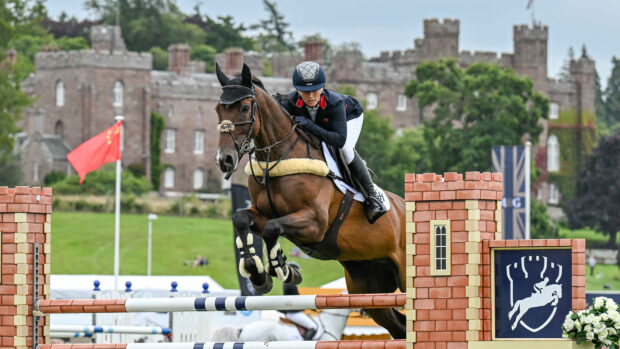Calls to ban hot branding in Scotland have been met with mixed reactions, with supporters claiming hot branding has been unfairly targeted.
The British Hanoverian Society’s John Shenfield believes more research is needed on the welfare implications of all forms of identification.
He told H&H: “There’s been no research by the Scottish government. As far as I’m aware no hot branding has been attended by welfare officers.
“It is more stressful for a wild pony to be caught and scanned for a microchip than branded.
“During freeze-branding the horse has to be restrained longer and a cold burn can be painful for a long time. It is unbalanced just to review hot branding.”
The British Equine Veterinary Association (BEVA) and British Horse Society (BHS) believe hot branding to be outdated.
In Scotland it is an offence to brand a horse without specific permission.
The Scottish government issued a consultation on proposals to ban hot branding on 23 December which ended on 15 March.
“The responses will be analysed and comments carefully considered before a final decision is made,” said a Government spokesman.
BEVA has called for the “painful” process to be outlawed before, arguing that since microchipping horses became mandatory last July, hot branding is unnecessary.
BEVA senior vice-president Chris House said: “It is no longer justifiable — branding does not belong in the 21st century.”
But BEVA president Dr Madeleine Campbell admitted at last week’s National Equine Forum that more research on the effects of all types of identification are needed.
The proposal has received support from the Scottish SPCA and the BHS, which says: “We could not condone a practice which elevates the convenience of the owner above the welfare of the horse.”
Defra currently has no plans to ban hot branding in England.
“But if technology were to catch up we would reconsider,” said a spokesman.
This article was first published in Horse & Hound (18 March, ’10)




